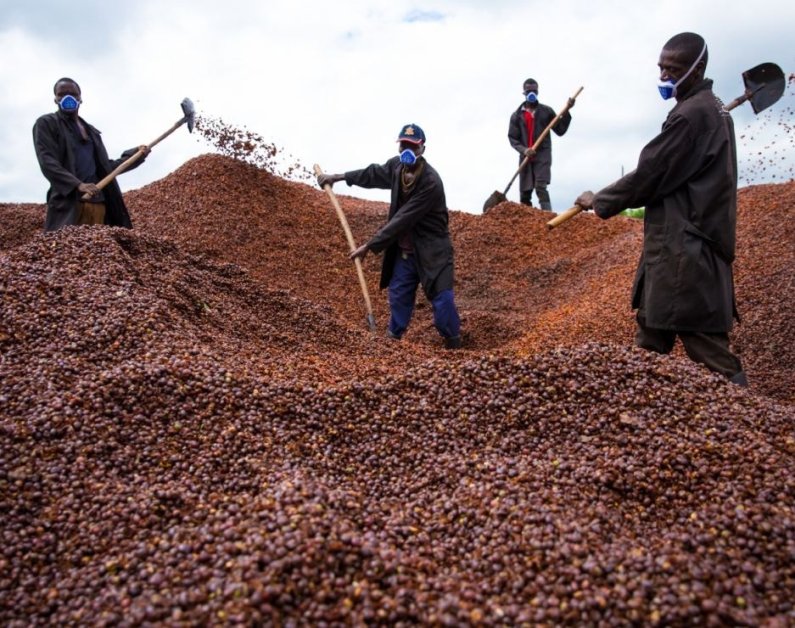Queen Elizabeth II,96, died on September 8, 2022.
The visit of the late Queen Elizabeth II to Jinja district in 1954 where she commissioned the old Nile Bridge and Owen falls dam triggered unprecedented industrial development in the area, according to some of the senior citizens.
Frank Nabwiso, the former Kagoma county member of parliament, was a teenager when Queen Elizabeth II visited Jinja.
According to Nabwiso, Queen Elizabeth traveled along with tourists and investors who returned after her visit to set up factories mainly for ginning cotton and producing textiles.
“Her visit earned Jinja town then, world-class publicity across international media outlets, which attracted several investors to the area hence earning its name of the industrial town of Uganda and East Africa,” he told our reporter in an interview.
Joel Kafuko, the former Mayor of Jinja municipal council was a youth in the 1950s when the queen visited.
He explains that since the queen was a powerful and highly respected international figure, her visit instilled confidence among small-scale industrial developers, which prompted them to expand their investments with the expectation of accessing global markets.
“Unlike nowadays where there is the availability of social media, which enables people to easily access and filter information at will, in the 1950s only moves by great world leaders like Queen Elizabeth II would influence not only political leadership but other factors of development like industrialization,” he said.
Zerida Nabirye, a retired civil servant who is proud to have been part of the children’s choir that performed for the queen, says following the queen’s visit farmers across the Busoga sub-region were mobilized to form cooperatives, which acted as the primary supply chain for the largely agro-processing industries.
Naluwailo Kigenyi, the former town clerk Jinja municipal council, says that the queen’s visit highlighted the importance of hydroelectricity power in steering industrial development in Jinja and the country at large.
“It was the installation of the hydroelectricity power, which attracted several factories like the East African steel corporation. You can imagine for Kilembe mines, they were bringing copper ore from Kilembe in Kasese district to Jinja for smelting, just because it was near the electricity supply,” he said.
Naluwailo however, expresses dismay at the post-colonial governments, which he says have failed to consolidate the footprint left behind by the colonial governments to promote both local and international tourism.
He reveals that during his tenure as Jinja Town Clerk, he liaised with the former proprietors of the Rippon Falls hotel, where the queen spent a night during her visit to Jinja with hopes of refurbishing it and preserving it as a tourism center, but he has transferred midway the process. His predecessors never interested themselves in the project.
The hotel now hosts families that claim to have acquired it as a gift from the former president, Idi Amin in 1972. Naluwailo wants the Ministry of Tourism, Wildlife, and Antiquities to devise means of rehabilitating Rippon Falls into a world-class cultural tourism facility in memory of Queen Elizabeth II’s friendship with Uganda.
Queen Elizabeth II,96, died on September 8, 2022. An official funeral is underway in London ahead of her burial later today.
-URN





